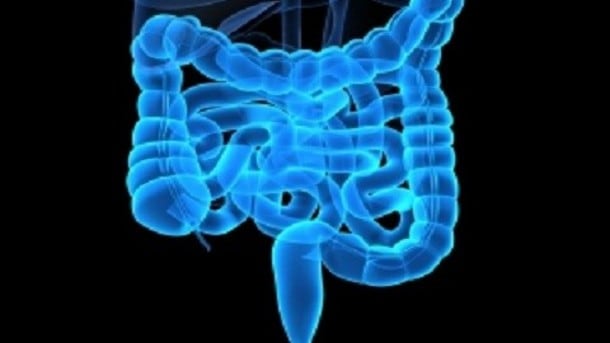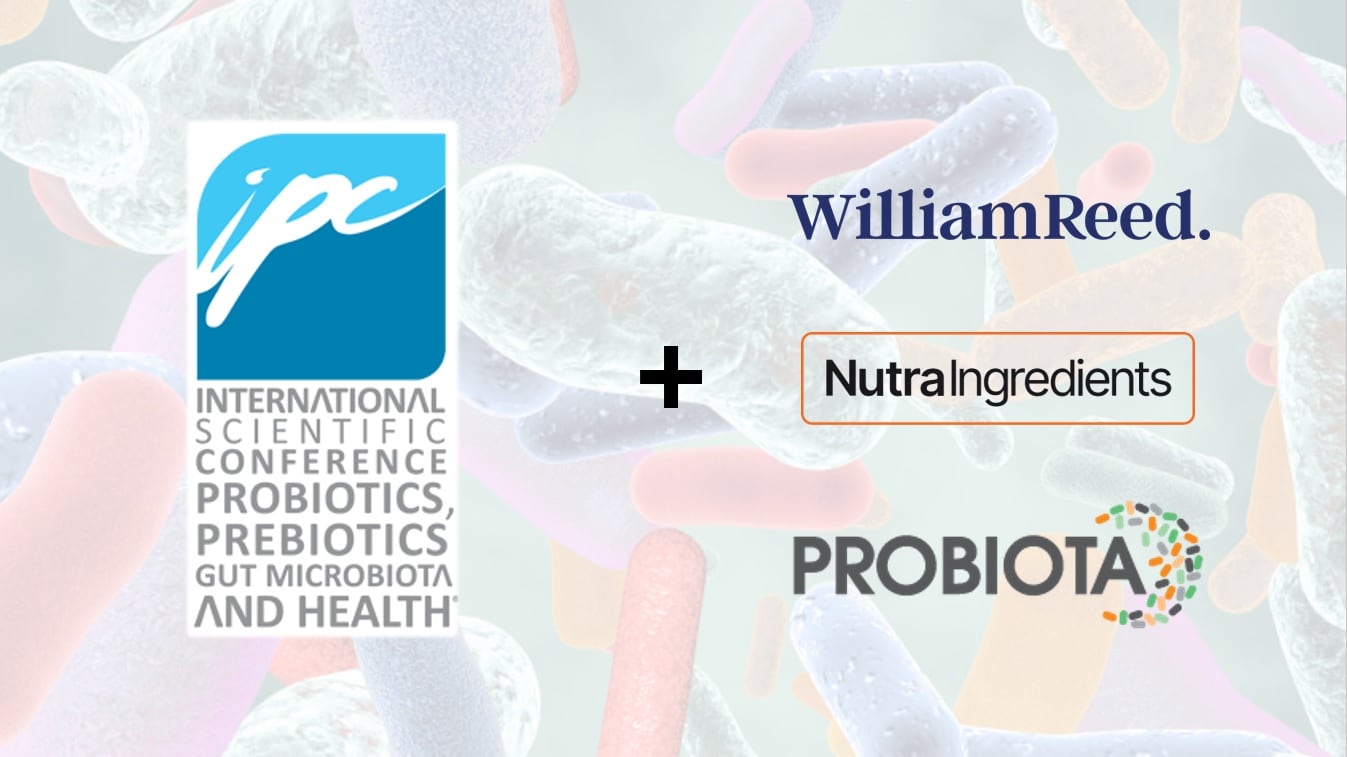Probiotics supplementation also significantly improved the production of beneficial metabolites or short-chain fatty acid in the gut.
Findings of the study were published in Frontiers in Cellular and Infection Microbiology.
A total of 120 individuals suffering from IBS for at least six months took part in this 12-week study that took place from January 2023 to December last year.
The intervention group dissolved and drank a sachet containing 100bn CFU of Lactobacillus and Bifidobacterium probiotic strains provided by Chr. Hansen A/S in the morning and at bedtime, while the control group took the placebo.
The Irritable Bowel Syndrome Severity Scoring System questionnaire was used to assess the effects of probiotics supplementation.
Faeces samples were collected to measure the amount of short-chain fatty acids.
In addition, blood samples were collected to measure the serum concentrations of inflammatory markers c-reactive protein (CRP), interleukin-6 (IL-6), and tumour necrosis factor-α (TNF-α).
Blood and urine samples were also collected to measure the amount of the proteins occludin, claudin-1, and zonulin for assessing intestinal barrier integrity.
Findings showed that intestinal permeability and the amount of tight junction proteins have both significantly improved in the probiotic group.
Intestinal permeability, for instance, was significantly improved in the probiotic group as compared to the placebo group from week eight of the study.
Intestinal permeability in the probiotic group fell from the baseline of 0.037 ± 0.005 in terms of L/M ratio to 0.032 ± 0.004 at week eight and further down to 0.029 ± 0.003 at week 12.
A decrease in intestinal permeability was also seen in the placebo group - down from 0.038 ± 0.005 at baseline to 0.035 ± 0.005 at week 12, but the decline was not statistically significant.
Tight junction proteins occludin and claudin-1 also significantly increased in the probiotic group.
The amount of occludin in the probiotic group, for instance, went up from 1.68 ± 0.22 ng/mL at baseline to 1.87 ± 0.24 ng/mL at week eight and subsequently to 2.01 ± 0.25 ng/mL at week 12.
An increase was also seen the placebo group, up from 1.69 ± 0.21 ng/mL at baseline to 1.77 ± 0.21 ng/mL at week 12, but the increase was not statistically significant.
“The decrease in the L/M ratio and the increase in tight junction proteins (Occludin, Claudin-1, Zonulin) indicate that mucosal integrity was maintained, inhibiting harmful intraluminal factors from invading the intestinal wall,” the researchers explained.
In the same vein, inflammatory markers such as CRP, IL-6, and calprotectin have all declined significantly from week eight onwards, while TNF-α saw a significant drop only at week 12.
“The marked decrease in inflammatory indicators such as CRP, IL-6, TNF-α, and calprotectin during the later stages of the intervention further suggests a gradual easing of immune activation triggered by barrier dysfunction,” said the researchers.
Short-chain fatty acids higher in probiotic group
Another significant finding is the significantly higher amount of short-chain fatty acids (SCFAs) acetate, propionate, and butyrate in the probiotic group as compared to the placebo group from week eight to four weeks after intervention.
The amount of acetate, for instance, went up from the baseline of 42.63 ± 5.73µmol/g for the probiotic group, to 47.26 ± 5.62 µmol/g at week eight and 50.85 ± 4.89 µmol/g at week 16.
That of the placebo group also saw an increase but the increase was not significant.
The increase in SCFAs in the probiotic group is important as it is these beneficial metabolites that play the role of producing health benefits.
Butyrate, for example, is crucial for maintaining the integrity of the mucosal barrier.
“SCFAs are crucial for immunological regulating and inflammatory responses in addition to providing intestinal epithelial cells (IEC) with energy.
“This process may effectively mitigate damage to the intestinal mucosa and reduce stimulation caused by increased epithelial permeability,” the researchers explained.
Improvement in severity scores
Probiotics supplementation has led to significant improvements in IBS severity scores, including relief in bloating and abdominal pain.
The researchers also found a significant positive correlation between the improvement in IBS severity scores and the rise in SCFAs levels.
Similar to SCFA levels, IBS severity scores of the probiotic group had significantly fallen at week eight.
“The correlation analysis further supports a potential causal chain of ‘probiotics—SCFAs—intestinal barrier—symptom relief’, and suggests that probiotic combinations may serve as an important strategy in clinical practice for addressing increased intestinal mucosal permeability," they said.
In this case, the probiotic group’s IBS severity scores fell from 289.37 ± 35.26 at baseline to 223.79 ± 31.44 at week eight and further down to 185.04 ± 24.07 at week 16.
The scores were consistently and significantly lower than the placebo group throughout this period.
IBS scores for the placebo group was 286.39 ± 33.67 at baseline. It decreased to 245.59 ± 29.62 at week eight and to 225.34 ± 27.26 at week 16.
The severity improvement was seen across different types of IBS, the researchers pointed out.
“This trend of improvement was seen in a variety of IBS subtypes, including mixed, constipation-predominant, diarrhea-predominant, and unclassified.
“This suggests that the effects of probiotic intervention are not specific to any one subtype but rather have a wider range of applications,” they concluded.
Source: Frontiers in Cellular and Infection Microbiology,
Effects of short-chain fatty acid-producing probiotic metabolites on symptom relief and intestinal barrier function in patients with irritable bowel syndrome: a double-blind, randomized controlled trial
doi: 10.3389/fcimb.2025.1616066.
Authors: Li E, Wang J, Guo B, Zhang W.



